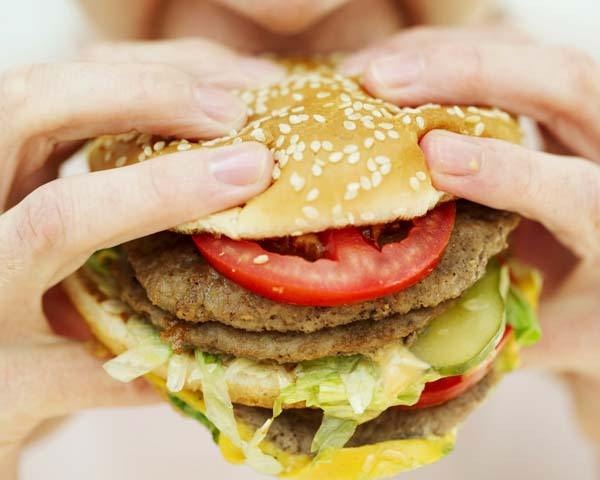Does Gender Affect Binge-Eating Tendencies?
Oftentimes eating disorders are blamed on cultural and psychological pressures, but a new study found that biological factors might also have an effect on binge eating.
A study from Michigan State University found that female rats were more likely to binge eat than male rats. Researchers ran an experiment with 30 female and 30 male rats over a two-week period, feeding the rats pellets with vanilla frosting. Of all the rats, those who consumed the highest amount of frosting in feeding tests were mostly female. They found that the tendency to eat the highest amount of frosting was six times higher in female rats as compared to male rats.
Binge eating is oftentimes a core symptom of eating disorders, including bulimia, but while eating disorders might evolve from societal pressures to stay thin, the researchers suggest that they might also be linked to biological causes.
"Most theories of why eating disorders are so much more prevalent in females than males focus on the increased cultural and psychological pressure that girls and women face," lead author Kelly Klump told Michigan State University. "But this study suggests that biological factors likely contribute as well, since female rats do not experience the psychosocial pressures that humans do, such as pressures to be thin."
In fact, plenty of theories about food addiction link binge eating with the rewards system of the brain, where our brain's reward center releases more dopamine the more we eat, especially when its high-fat, high-sugar food. Past research suggests that food cravings can affect our brain in ways similar to drug and alcohol addictions.
The fact that female rats are more prone to binge eating "suggests there is probably a biological difference between males and females that we need to explore to understand risk factors and mechanisms," Klump said. Researchers are continuing to test the rats to see if female rats are more sensitive or responsive to rewarding stimuli and chemicals when receiving high-fat, high-sugar food, which could then affect treatment for eating disorders and obesity.
